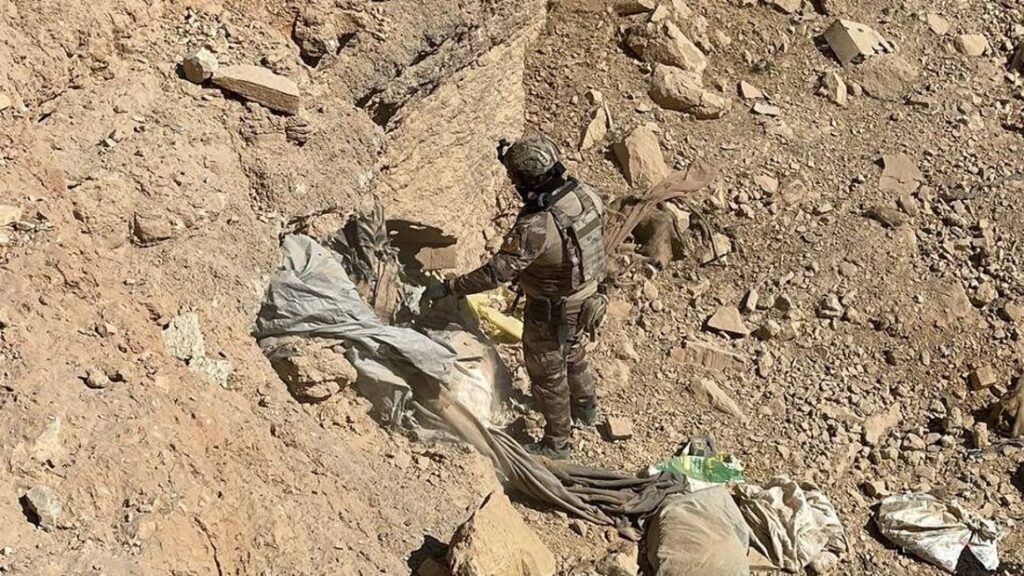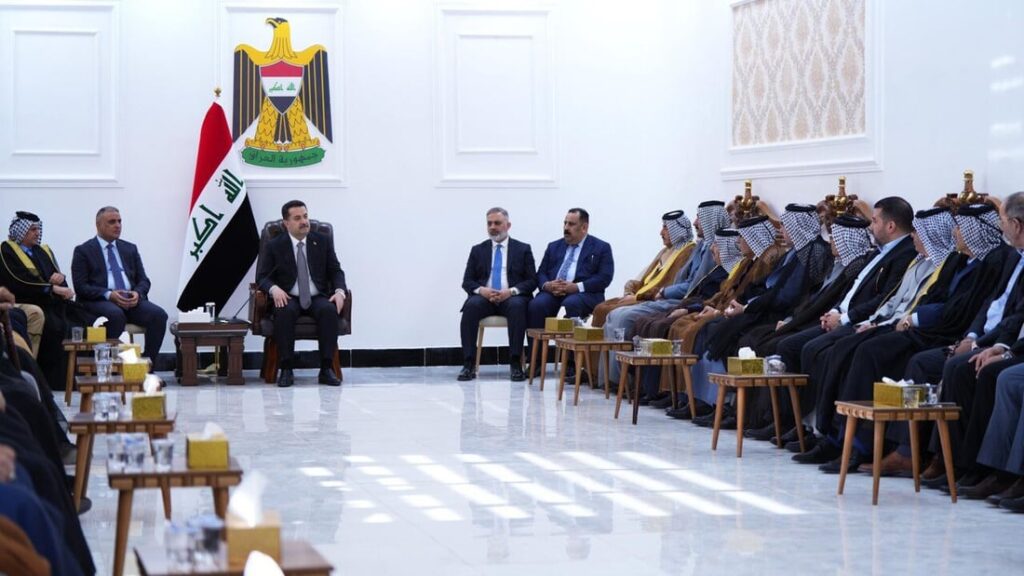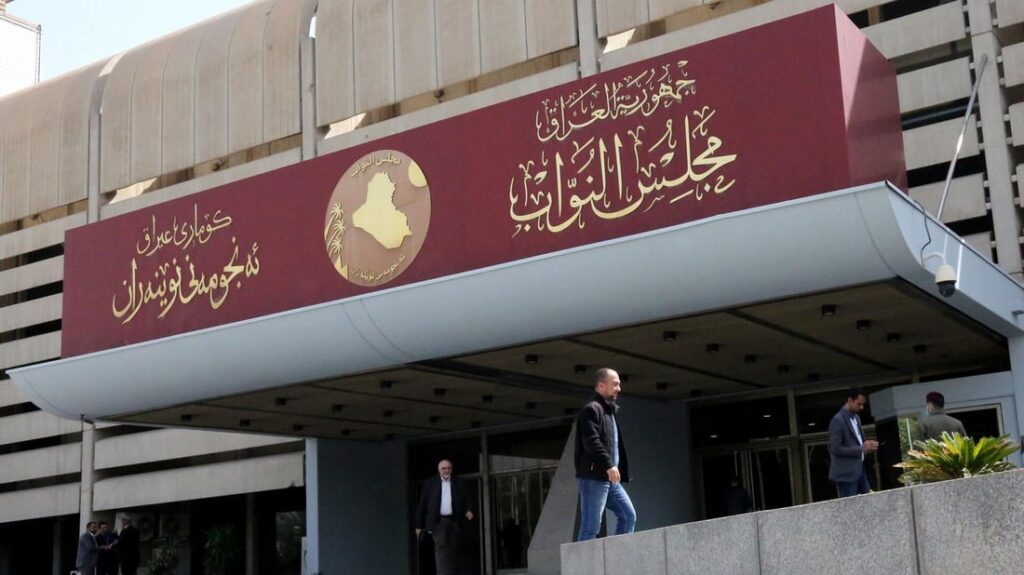Russia-Turkey deal shatters Kurds’ dreams of self-rule in Syrian Kurdistan

BEIRUT,— A Turkish-Russian deal signed in the Black Sea resort of Sochi that carves up Syrian Kurdistan sounds the death knell for Kurdish autonomy, analysts say.
Syria’s Kurds had hoped that the sacrifices made in the name of the international community to help crush the Islamic State group’s “caliphate” would pay off.
But instead of supporting their political project, the United States is pulling out of Syria altogether, ruining the minority’s aspirations for more autonomy.
The U.S. pullout has largely been seen as a betrayal of Syria’s Kurds.
The Sochi agreement defines the contours of the debacle for the Kurdish forces, who still controlled close to a third of Syria two weeks ago and have now lost almost everything.
“For the Kurds, this is the end of Rojava, of their dreams of autonomy,” is how Fabrice Balanche, a geographer specialised in Syrian affairs, summed it up.
The fate of Syrian Kurdistan or Rojava — the name Kurds give to their region — was sealed in a handshake late Tuesday between Turkish President Recep Tayyip Erdogan and his Russian counterpart Vladimir Putin.
Syria’s Kurds have established a semi-autonomous region in northeastern Syria during the country’s eight-year war.
In 2013, the Syrian Kurdish Democratic Union Party PYD — the political branch of the Kurdish People’s Protection Units (YPG) — has established three autonomous Cantons of Jazeera, Kobani and Afrin and a Kurdish government across Syrian Kurdistan in 2013. On March 17, 2016, Kurdish and Arab authorities announced the creation of a “federal region” made up of those semi-autonomous regions in Syrian Kurdistan.
Turkey was granted the right to remain fully deployed in an Arab-majority area it has dubbed a “safe zone” that was the main target of an offensive it launched on October 9.
It stretches along 120 kilometres (75 miles) and is 32 kilometres deep, forming a zone into which Erdogan wants to send back some of the 3.6 million Syrian refugees his country hosts.
But the Kurds argue that Turkey’s goal is to weaken the Kurdish presence in Syrian Kurdistan by modifying the demographics of the area with the return of mostly Sunni Arab refugees.
Massacre averted
The Turkish assault was made possible by a pullback of US troops deployed along the border as a buffer force between their NATO ally Turkey and the Kurdish fighters of the Syrian Democratic Forces.
The withdrawal by their erstwhile ally left the Kurds completely in the lurch, forcing them to turn to the Damascus regime for protection from an expanded Turkish assault.
Government forces, who are backed by the Russian military, rushed north within days, ostensibly to pin back Turkish-backed Syrian proxies but also to reclaim control of swathes of territory that the regime started leaving in 2012.
In Sochi, the deal reached by Syria’s two main foreign brokers also requires Kurdish forces to pull back to a line 30 kilometres from the border along its entire length (440 kilometres).
The implementation of that article, which the outgunned Kurdish forces are in no position to resist, involves relinquishing control of some of their main towns.
The Sochi agreement includes an exception for the main Kurdish city of Qamishlo, the de facto capital of the now defunct autonomous Kurdish region.
“In terms of loss of territory, they lose everything,” said Balanche. “Damascus reclaims control of everything that Turkey does not occupy.”
The only positive thing the Putin-Erdogan bargain does for the Kurds is to freeze the Turkish offensive and avert another phase of bloodletting.
Dozens of civilians and more than 250 Kurdish fighters were killed in the offensive Ankara has dubbed “Operation Peace Spring”.
The SDF say they have also lost 11,000 Kurdish male and female fighters in five years of ground operations under the command of the US-led coalition against IS.
The head of the SDF, Mazloum Abdi, had made clear after the start of Turkey’s assault that compromises were preferable to “genocide”.
Absorbed by Damascus
“They (the Kurds) avoid a broader Turkish operation that could have chased Kurdish populations away from their land, as was the case in Afrin,” said Balanche.
Afrin is a formerly Kurdish-majority area further west that Turkey and its proxies occupied early last year.
Ankara blacklists the People’s Protection Units (YPG) — the main component of the SDF — as a terrorist organisation citing links to the deadly 35-year-old insurgency inside Turkey Kurdistan of the Kurdistan Workers Party (PKK).
The SDF was the autonomous region’s de facto army but will now likely be absorbed into the Syrian federal army, analysts said.
“The YPG might eventually become a fighting force subsumed into the Syrian army,” Syria researcher Samuel Ramani said.
“Whether or not they will lose land all the way to the Iraqi border, it’s too early to say right now,” he said.
The US withdrawal from northern Syria leaves Russia, which sent its forces to support a beleaguered President Bashar al-Assad in 2015, as the unrivalled dominant foreign player in Syria.
Damascus and Moscow have made clear that allowing the oil-rich northeast or any other region to remain outside of central government control is not an option.
“Russia is certainly not willing to help the Kurds per se, but it also wants to restrain the scope of Turkey’s military presence and wants to ensure that as many Kurdish areas as possible are returned to the Assad regime and become reintegrated in Syria,” Ramani said.
Copyright © 2019, respective author or news agency, Ekurd.net | AFP
Comments



